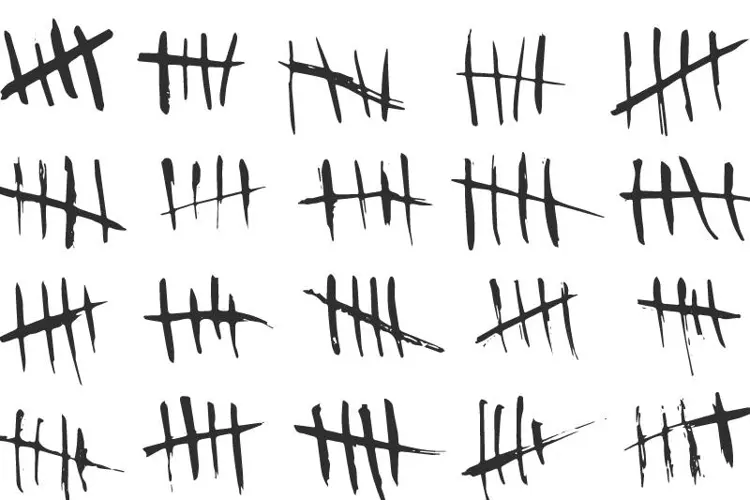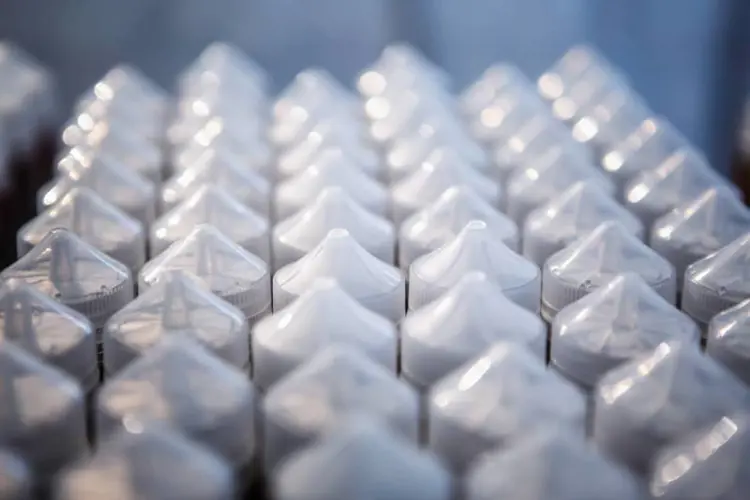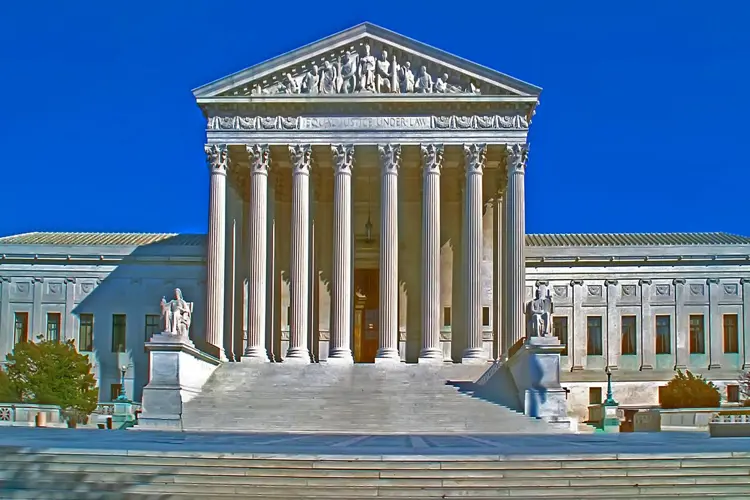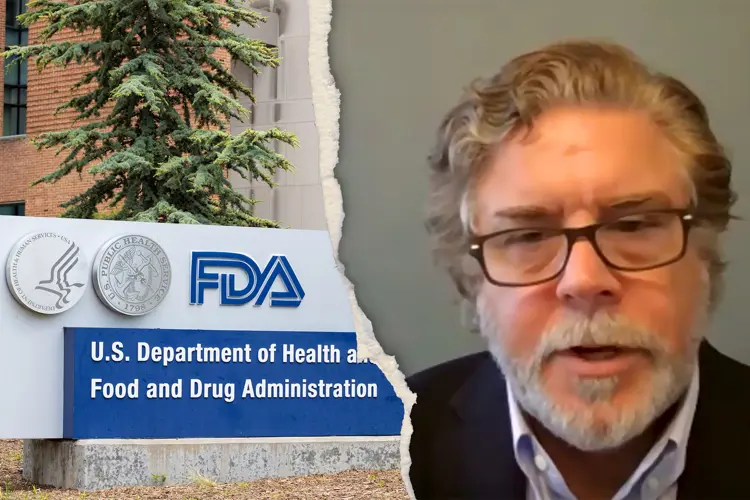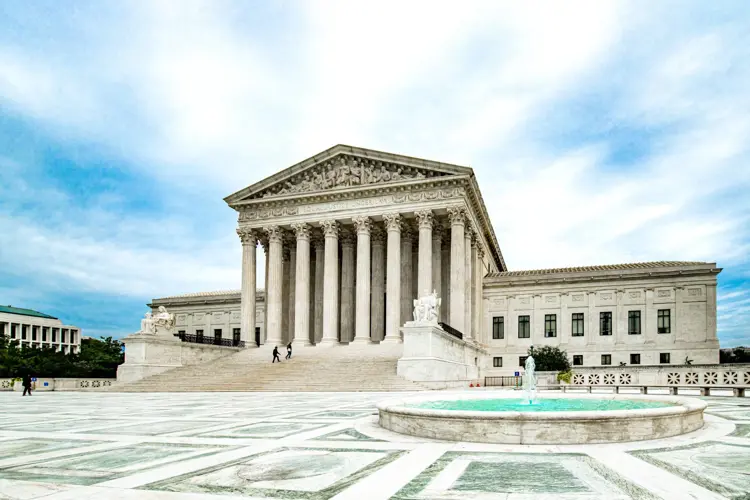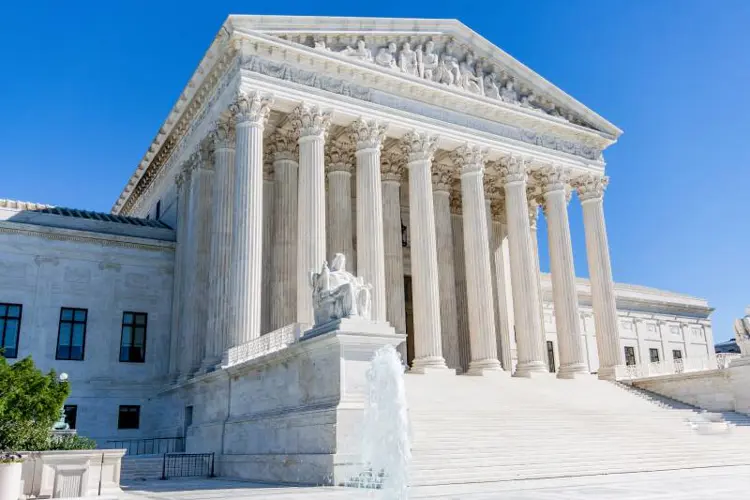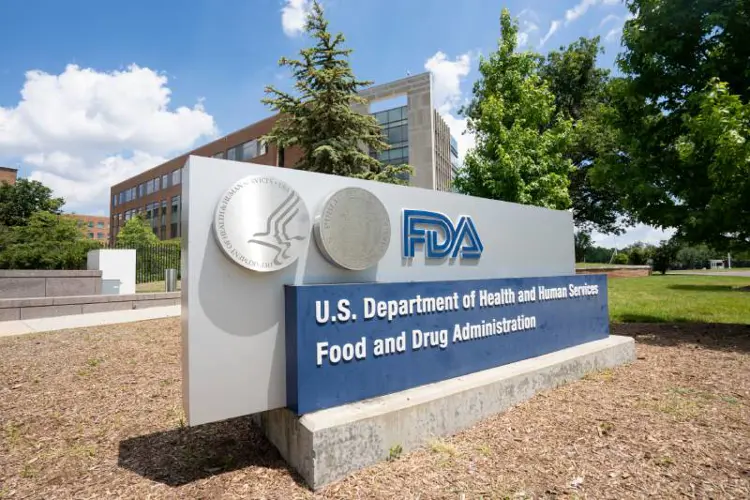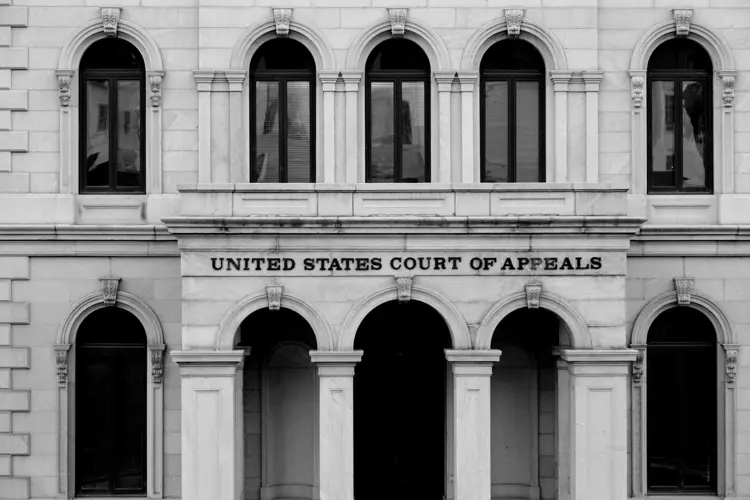Sept. 9, 2024 -- A federal appeals court has overruled the DEA andfound that THC-O is in fact a legal hemp-derived compound, protected by the 2018 Farm Bill.
The Drug Enforcement Administration (DEA) says the cannabinoid THC-O is a federally illegal Schedule 1 drug, because it doesn’t naturally occur in the hemp plant. The agency confirmed the opinion in a letter to cannabis law expert Rod Kight.
Kight, a North Carolina-based attorney who advises hemp and marijuana companies, explained the DEA opinion yesterday in his law blog, and noted that he agrees with the agency about THC-O.
“Although it can be made from cannabinoids from hemp, THCO is not naturally expressed by the hemp plant,” wrote Kight. “It is a laboratory creation that does not occur in nature, at least not from the hemp plant.”
The DEA position means that companies making and selling THC-O products are subject to federal enforcement, including seizure and prosecution. They could also face state or local police actions.
Why is THC-O different from other hemp-derived cannabinoids?
THC-O is the acetate ester form of THC, produced by processing either delta 9 THC (from marijuana) or delta 8 THC (derived from hemp-sourced CBD) with acetic anhydride. (Recent studies show that THC-O may be dangerous to vape or smoke because the lung-damaging chemical ketene is produced when the acetate form of THC is heated.)
THC-O is one of many recently marketed cannabinoids, commercially produced by laboratory processes. The most popular of these substances is delta 8 THC, but others that have gained traction in the marketplace include delta 10 THC, HHC, and THCP.
While all of these cannabinoids are produced commercially by processing hemp-derived CBD with heat or chemical catalysts, only THC-O does not also occur naturally in the hemp plant in at least very small amounts. This is why the DEA considers THC-O an illegal Schedule 1 drug.
The Farm Bill and recent Ninth Circuit decision don’t protect THC-O
The 2018 Farm Bill legalized hemp and all of its compounds and derivatives, as long as they contain less than 0.3 percent delta 9 THC. And last year, the Ninth Circuit Court of Appeals ruled that delta 8 THC meets the Farm Bill definition of a federally legal hemp derivative.
That decision apparently also applies to all the other popular hemp-derived cannabinoids—except THC-O.
“D8 [Delta 8 THC] is distinguishable from THCO because the hemp plant naturally produces D8; however, it does not produce THCO,” Rod Kight explained. “From this perspective, and unlike D8, THCO is properly seen as synthetic THC, not ‘hemp.’ For this reason, I have consistently advised clients not to create or distribute THCO.”
“Whether they are synthetic or naturally occurring, psychoactive cannabinoids need to be regulated responsibly to protect public health and safety,” National Cannabis Industry Association CEO Aaron Smith told Marijuana Moment. “The only way to successfully achieve that end is to finally end national prohibition, enact sensible regulations at the federal level, and allow state cannabis laws to continue to work across the country.”
The Freemax REXA PRO and REXA SMART are highly advanced pod vapes, offering seemingly endless features, beautiful touchscreens, and new DUOMAX pods.
The OXVA XLIM Pro 2 DNA is powered by a custom-made Evolv DNA chipset, offering a Replay function and dry hit protection. Read our review to find out more.
The SKE Bar is a 2 mL replaceable pod vape with a 500 mAh battery, a 1.2-ohm mesh coil, and 35 flavors to choose from in 2% nicotine.
Because of declining cigarette sales, state governments in the U.S. and countries around the world are looking to vapor products as a new source of tax revenue.
The legal age to buy e-cigarettes and other vaping products varies around the world. The United States recently changed the legal minimum sales age to 21.
A list of vaping product flavor bans and online sales bans in the United States, and sales and possession bans in other countries.







